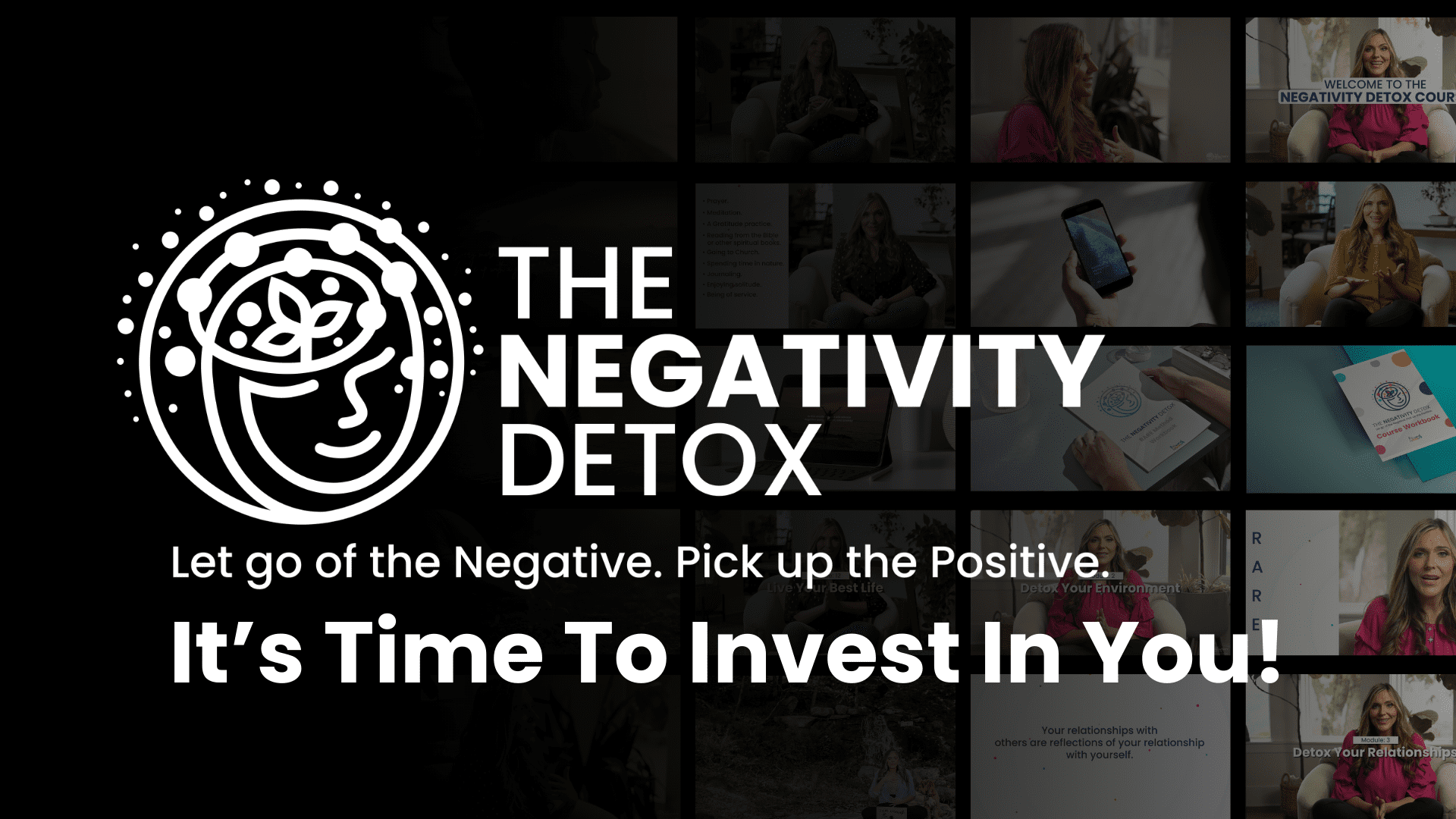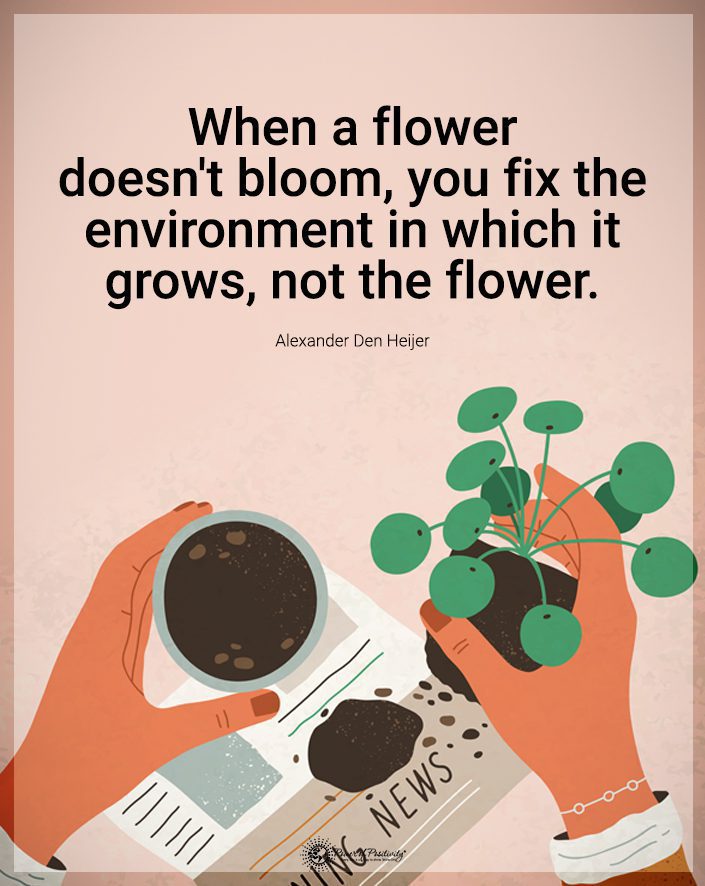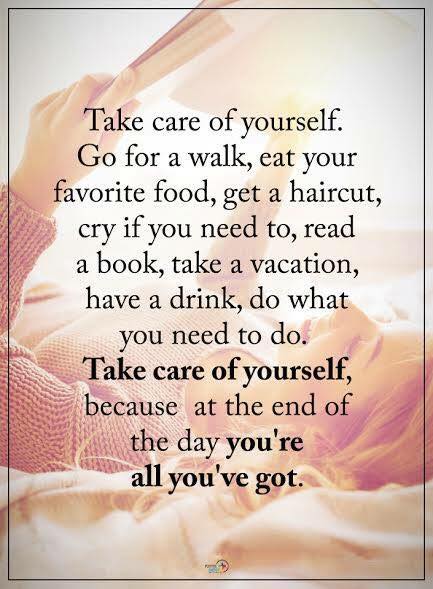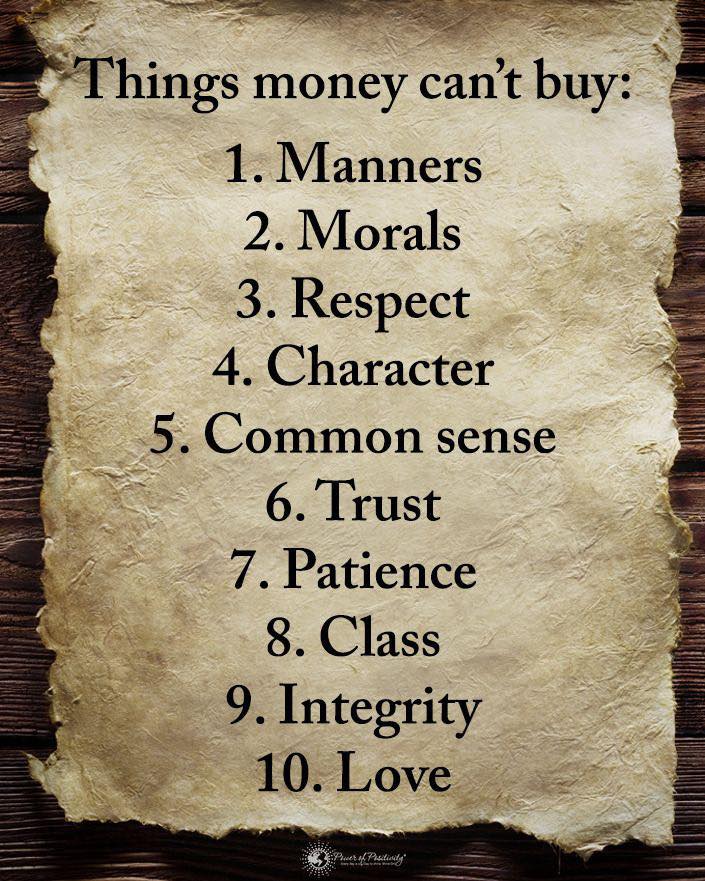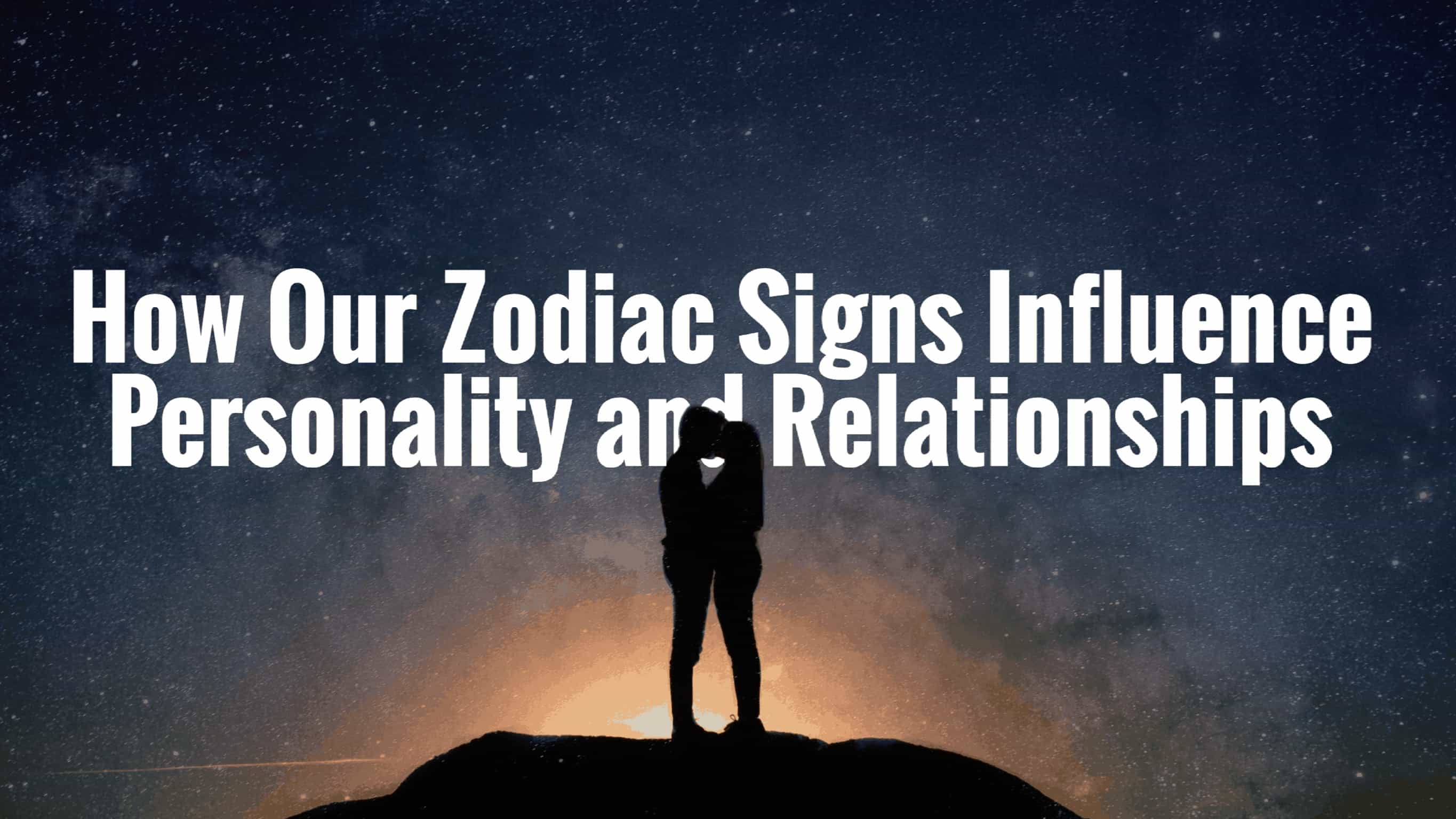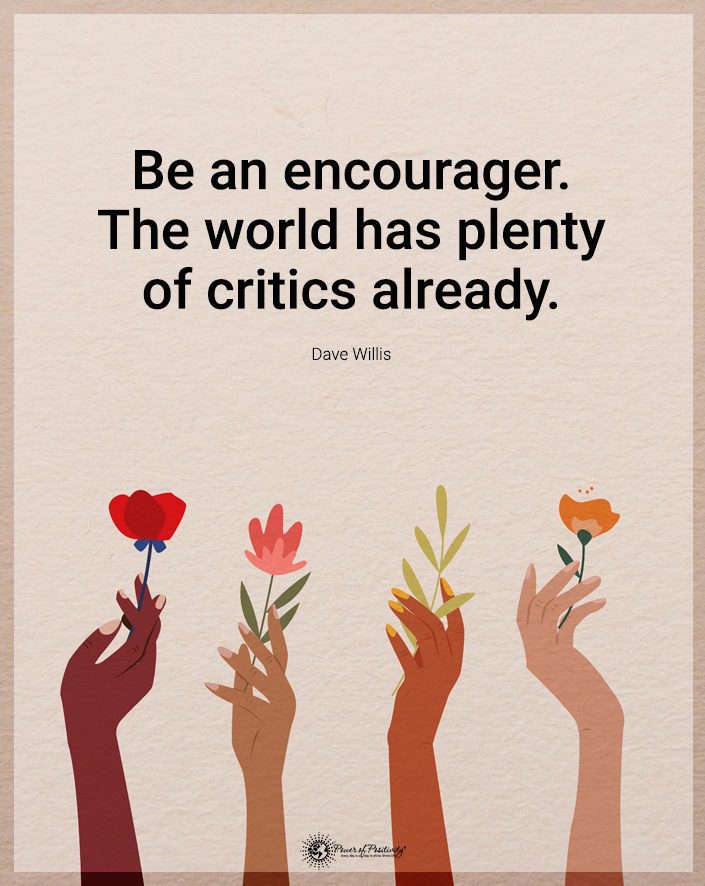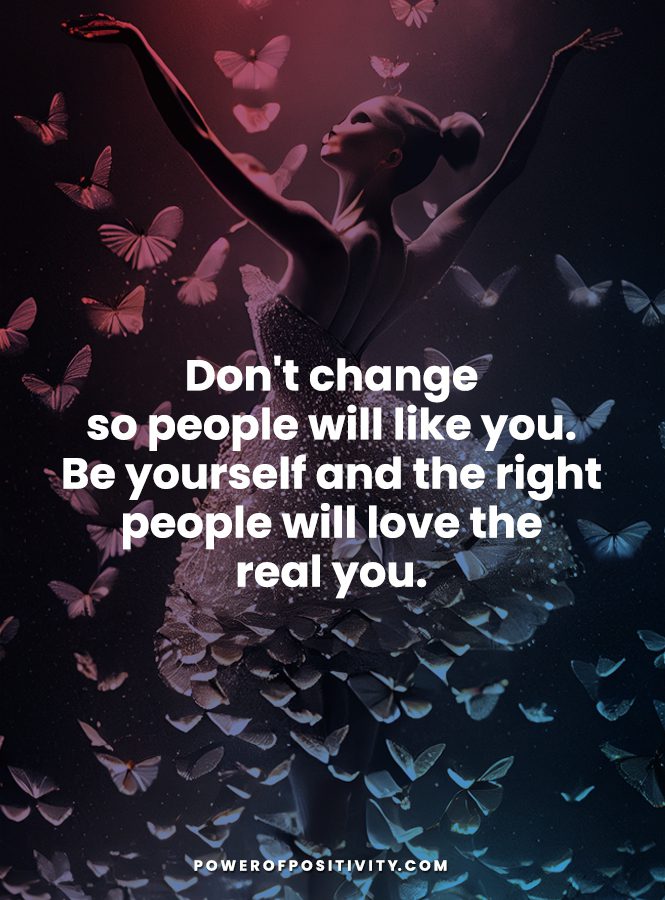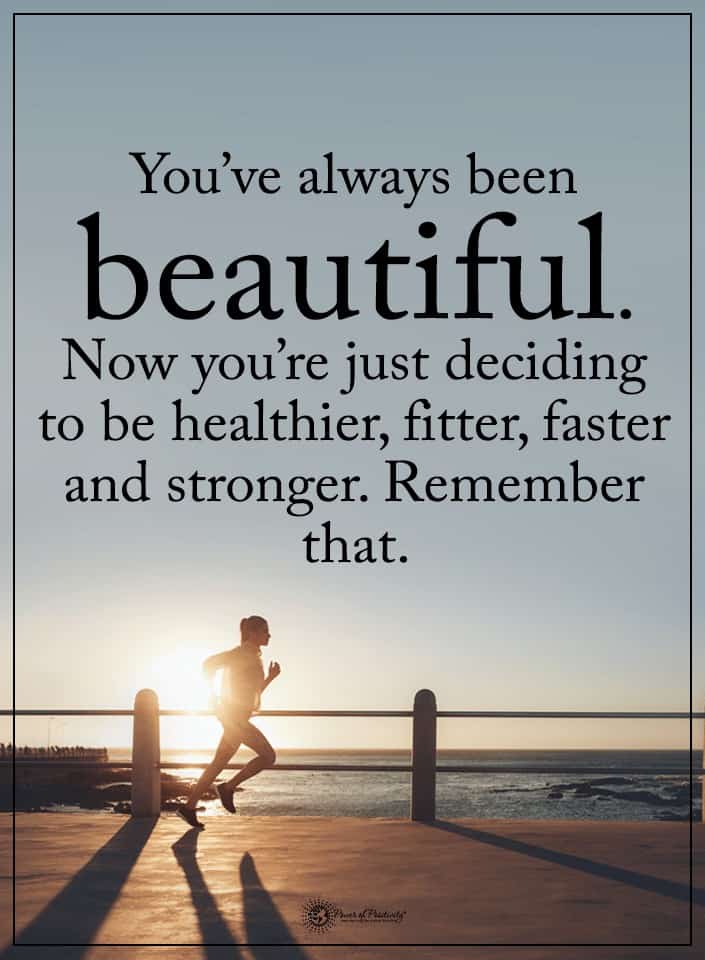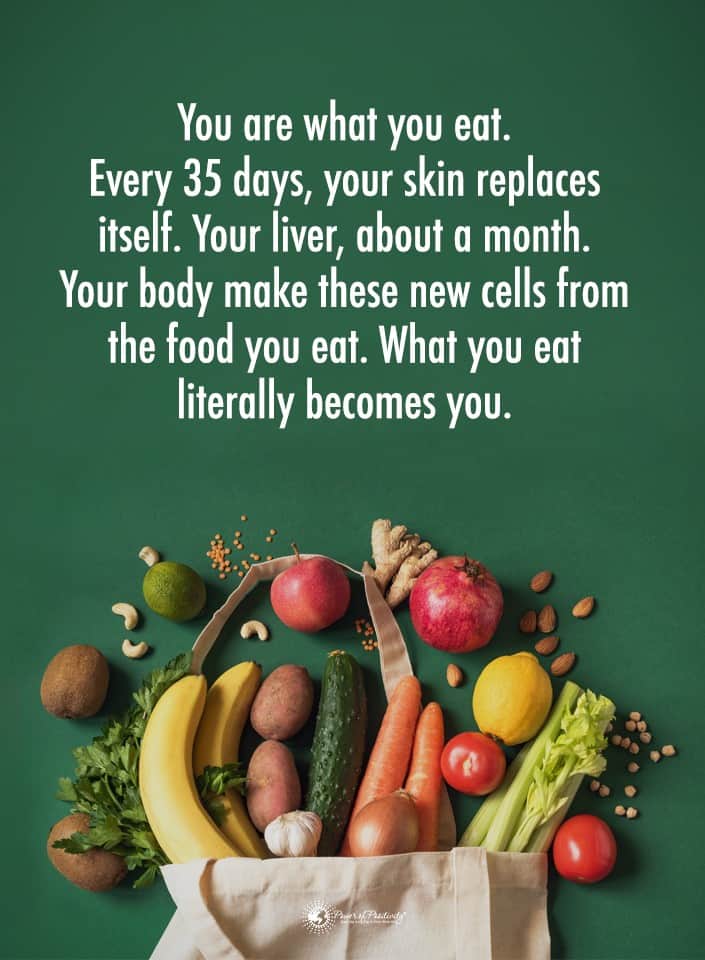Expressing gratitude through affirmations can increase your positive thoughts and support mental health. Life gets hard sometimes, and negative thinking may threaten to overtake your mind, but there are still many things to be grateful for. By incorporating gratitude affirmations into your daily routine, you can cultivate a positive mindset and improve overall well-being.
When you use positive affirmations, it’ll help you find joy and thankfulness in your life. It’ll encourage better relationships, help you with your goals, and improve your overall well-being.
These affirmations are a good place to start. As you read through them, choose the ones that resonate within you the most, and start with those. You can implement other affirmations once you become more comfortable.
5 Affirmations for Appreciation
You’re more likely to have positive thoughts when you appreciate your life. Showing thankfulness for your blessing can make all the difference in developing an optimistic mindset.

1 – I am grateful for those who bring joy to my life.
When someone brings joy to your life, it’s something to be thankful for. This affirmation will help you focus on the positive people in your life, shifting your mind from negativity.
2 – I appreciate the small blessings each day.
Every day brings blessings, as long as you’re willing to look for them. Repeating this affirmation as you prepare for each day can help you look for little moments of gratitude. You’ll be more aware of your surroundings to find things to be grateful for.
3 – I am thankful for the things that bring me joy and comfort.
When you have things that bring joy and comfort, it’s something to be grateful for. Whether it’s your favorite sweater, a best friend, or anything else you enjoy, it’s worth showing thanks for. Repeat this affirmation as you envision the things you love about your life.
4 – I am happy and grateful for all my experiences.
Everything you go through helps you become a better person. You learn from every experience, gaining wisdom, relationships, and other blessings. This positive phrase encourages you to embrace and enjoy those experiences.
5 – I am grateful for my many blessings in life.
You’re blessed if you have a home, people who love you, food, and other necessities. You might have aspects of your life that need work, but the good parts of abundance are worth acknowledging. When you can shift your mindset, you’ll notice that other areas of your life begin improving as you show gratitude for what you already have.
5 Gratitude Affirmations for Self-Love
Affirmations for self-love build self-esteem. It also helps you be kind to yourself as you know you deserve it. Loving yourself can improve all areas of your life and increase positive thinking.
6 – I practice self-compassion because I deserve kindness.
Practicing self-compassion can help you shift to positive thinking, encouraging you to appreciate yourself. You deserve compassion even after making a mistake because it happens to everyone. No one is perfect, and it’s okay when things don’t work out.
Show yourself compassion along the way, and it’ll help you embrace the learning opportunity of every situation. You’ll enjoy what you learn and feel good about the kindness you showed yourself.
7 – I appreciate the things that make me unique.
This affirmation encourages you to be grateful for your unique qualities. You’ll embrace who you are, promoting self-love and positive thinking. Positive phrases regarding what makes you different can improve mental health and well-being.
8 – I bring value to the greater good because my life is meaningful.
When you acknowledge that you bring greater good to the world, you’ll feel grateful for who you are. Your life is meaningful, and you’re valuable to those around you. This affirmation helps you remember that, promoting positivity in your life.
9 – I am proud of my strengths.
Some people hide their strengths because they differ from others. This affirmation helps you feel good about what makes you different because you offer value others don’t. It promotes positive thinking as you recognize that what sets you apart can be valuable to those around you.
10 – I deserve love and respect from myself and those around me.
When you acknowledge you’re worthy of love and respect, it helps ease negative thoughts. You won’t think badly of yourself when you know you deserve the best. It also encourages you to prioritize self-care.
5 Affirmations for Relationships
Relationships are an integral part of life, and you deserve to have ones full of love and compassion. Building a healthy connection can improve your life, and it’s something to be grateful for. Repeating daily affirmations for relationships can help attract people who love and care for you.
11 – I am making meaningful connections with others.
Knowing you’re making a meaningful connection can help you express gratitude for the experience. You’ll embrace these relationships as you recognize the good things about the people in your life.
12 – I am open to letting love into my life.
Being open to love will help you embrace those who want what’s best for you. It increases positive thinking as you let your guard down and feel thankful for people who bring meaning to your life.
13 – I am kind and show compassion in all relationships.
This affirmation helps you show gratitude to your loved ones by being kind and compassionate. Sometimes, in the presence of those closest to us, we express negativity, but this positive phrase can help change that. When you’re kind and compassionate in all situations, it encourages you to see the blessing that your loved ones are.
14 – I am grateful for the love and support I get from relationships.
It’s a blessing when you have people who love and support you. This affirmation reminds you to be thankful for them, encouraging you to show them how you feel.
15 – I feel fulfilled by meaningful relationships in my life.
This affirmation reminds you of the people who bring fulfillment to your life. You’ll be more likely to reach out to them, increasing positive thinking as you connect with those you care for.

5 Gratitude Affirmations for Abundance
Affirmations for abundance entice opportunity and grace. It’ll encourage you to grow and succeed, attracting abundance and happiness. These phrases also encourage gratitude for what you have right now.
16 – I am grateful for living a life of abundance.
You might not have everything you want, but you have what you need. This affirmation of abundance can help you feel thankful for your life.
It reminds you to be thankful for your loved ones, jobs, possessions, and anything else that makes you happy. Showing grace for all you have can make a difference and attract more good things to your life.
17 – I attract wealth as I work on growth opportunities.
When you repeat this affirmation daily, it’ll help you recognize growth opportunities. When you see the options, you can work toward wealth and success. Along your journey, you’ll likely experience positive thinking as you see your life improving.
18 – I am open to abundance and prosperity.
Being open to abundance is one of the best ways to increase positive thinking. You’ll acknowledge methods for growth that improve your life, helping you feel good about your experience.
19 – I find plenty of opportunities for growth and success.
This affirmation promotes awareness of opportunities you might not otherwise consider. You’ll experience growth and success in ways you never imagined, allowing you to see all the possibilities around you.
20 – I know that today will bring prosperity.
When you tell yourself today will be prosperous, you’re more likely to experience abundance. Positivity helps you attract good things, so repeating this positive phrase can make a difference.
5 Affirmations for Mindfulness
If you spend time anticipating the future, thinking of your to-do list, or ruminating on the past, these affirmations can help you. They promote gratitude as they encourage you to focus on the present moment.
21 – I find good in my life because I am in the present moment.
You’ll find more good in your life when you repeat this affirmation daily. It helps you focus on the present rather than ruminating or worrying. Being present encourages you to find the bright parts of each day.
22 – I am taking life one moment at a time.
When you take things one moment at a time, you’ll experience mindfulness. It helps you stay focused on your present surroundings rather than thinking of other things. When you live life this way, it encourages gratitude for what and who you have.
23 – I connect my mind and body more with each breath I take.
Using this affirmation promotes a mind-body connection. Take deep breaths between repetitions, envisioning the mindfulness deepening.
24 – I am aware of my thoughts and emotions.
Being aware of your thoughts and emotions can help you find gratitude. You’ll connect with your feelings, acknowledging the things that bring you joy and comfort.
25 – I am in the best place right now.
This affirmation helps you acknowledge that you are in a good place. It encourages you to embrace where you are while developing awareness of the moment. You’ll stop thinking about your worries and regrets, focusing on who you’re with and what you’re doing.
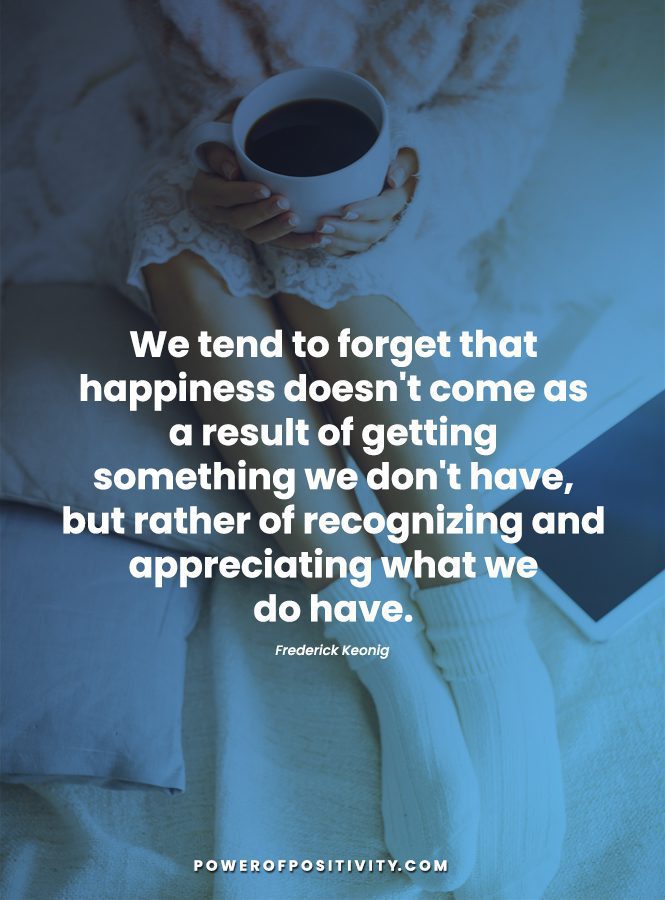
Final Thoughts on Saying These 25 Gratitude Affirmations for a Positive Mindset
Incorporating affirmations into your daily routine can promote positive thinking. It’ll encourage you to shift from negativity to positivity, helping you lead a happy life. You’ll have the most success when you practice gratitude regularly.
Positive affirmations encourage cultivating gratitude for mental health and well-being.

